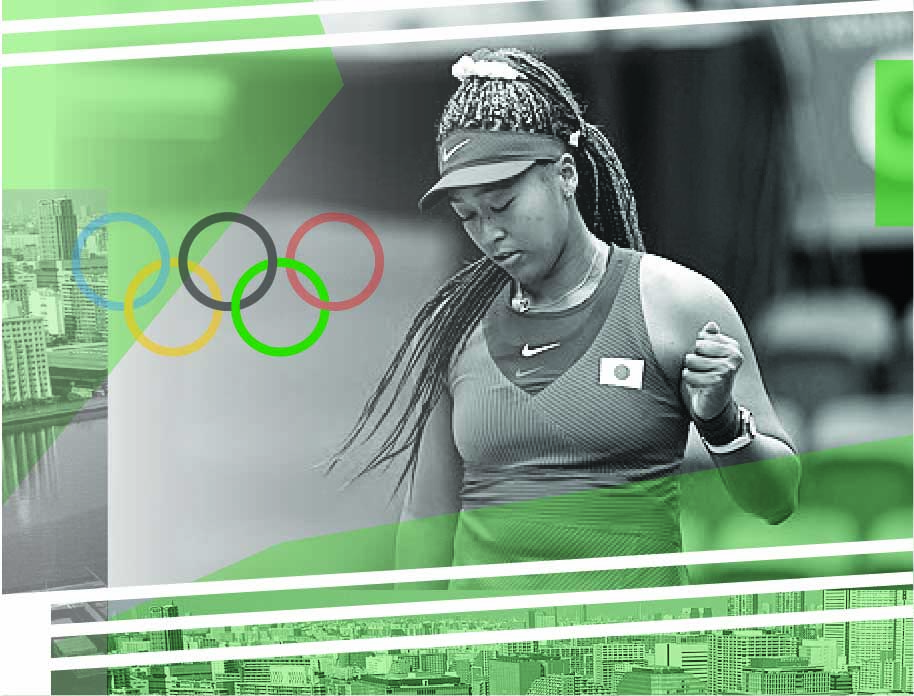
Tianwei REN
Assistant Researcher, Faculty of International Media, Communication University of China, commissioning editor of the journal Global Media and China. She and colleagues edited Media, Sport, Nationalism: The Political and Geopolitical Rise of East Asia (Logos Verlag Berlin, 2019).

- The Tokyo 2020 Olympic Games: British imperial identity affirmed
- How much is too much home-nation focus in Olympic coverage?
- South Korea’s changing status and perspective on Japan
- National and ethnic Chinese identities on the Indonesian badminton court
- The Men’s 1500 metres: Not quite erasing the ghosts of history
- Home advantage in the Summer Olympic Games: evidence from Tokyo 2020 and prospects for Paris 2024
- Historical disputes, national identity, and the South Korea-Japan summit that did not happen
- Sports betting and the branded purity of the Olympics
- Communicating corporate social responsibility at the Tokyo 2020 Olympic Games
- Silence in the stands: Does it matter for fans?
- Fans as MVP, or the need for sensuous audiences in sport
- Red, white, and rivalry: A brief discussion of United States rivalry at the Tokyo Olympic Games
- Empty stadiums and the other sites of Olympic fandom
- Pop culture diplomacy: Japan’s use of videogames, anime to promote the Olympics and appeal to younger audiences
- Fans as MVP, or the need for sensuous audiences in sport
- Red, White, and Rivalry: A Brief Discussion of United States Rivalry at the Tokyo Olympic Games: Olympic and Paralympic Analysis 2020: Media, Fans and the Politics of Sport
- Empty stadiums and the other sites of Olympic fandom
As a result of the ongoing COVID-19 pandemic, the postponed Tokyo Olympics finally kicked off. Despite the delay, the global event may still encourage the public to temporarily leave the gloominess and the mutual distrust brought about by the pandemic behind them.
At this Olympics, video blog (usually known as vlogs) platforms in China have been performing remarkably. The vlogs we commonly talk about are between 30 seconds and 1 minute long including both user and producer-generated content; they are also known for their sociality and diversity. In May 2021, Kwai, a Chinese social network platform famous for vlog sharing, formally becomes the Rights Holding Broadcasters of Tokyo 2020 and Beijing 2022, making it the first short-video and livestream platform in the world to broadcast the Olympic Games. In addition to playing every game on demand at the Olympics, Kwai has introduced livestreams and self-produced content, which includes daily event rundowns, Olympic entertainment and athlete interviews. It has attracted a large number of users and viewers.
Meanwhile, vlogs have become an important medium through which the public express their sentiments and opinions as well as form their opinions, driving the communication of nationalism and identity online. The origination of nationalism requires imagination and creativity, and the plain content, all-round view and sense of presence brought by vlogs’ sharing and viewing directly strengthen sensory stimulation and the interactive experience, allowing every user to contribute to the discourse of nationalism. Besides, the commercialisation of vlog platforms is to a certain extent tolerant towards irrational nationalist comments, because it brings in users and clout. Given the low production threshold and the pursuit of popularity, vlog comments and sharing are usually based on a superficial understanding of the information but not the authenticity or criticalness. Consequently, vlogs are unable to inspire in-depth and constructive views, nor do the views endure.
Mega-sports events have always been a major stage for the expression and unleashing of China’s nationalism. This time, the expression of nationalist sentiments on vlog platforms is taking on some conspicuous forms.
Firstly, nationalist stands may evolve quickly and change easily. Against the background of the raging pandemic, people assume the health perspective and have become rather sensitive towards whether the host country has provided perfect pandemic-prevention services, and whether enough attention has been paid to their athletes. Stories broke about the “stingy” facilities and “unsafe” food provided to athletes, but vlogs countering the rumours were released supporting the frugality and environmentally friendliness of the organising committee. However, videos containing questions continued to be spread frequently and have led to nationalism that is based on ‘protectionism’. The Games’ slogan of “-Together” and the online call for “allowing athletes to return safely” have on certain occasions come to represent the opposite stances with nationalist bias.
Secondly, the development of the sentiment of nationalism has taken on an entertainment note. The sense of ritual that is common at mega-sports events has never been more sorely missed at this Games. Yet vlogs have made up for the shortfall even on nationalism. For example, based on pandemic-prevention consideration, the organising committee of the Tokyo Olympics has forbidden players of table tennis to blow the ball and wipe the table. After China lost the table-tennis mixed doubles to Japan, Chinese netizens made a humorous vlog comparing Xu Xin, China’s table-tennis player, who stopped short of blowing the ball, with his ball-blowing Japanese counterpart, implicitly ridiculing the unfair penalty and the bittered failure. Despite the hostility among nations at the Games, the seriousness of nationalism has to a certain extent been dampened following the re-creations and vanishing with the short vlogs.
Thirdly, the “fan-nationalism” continues to brew on vlog platforms. Back at Rio 2016, netizens created vlogs and emoji based on Fu Yuanhui’s (a Chinese competitive swimmer) exaggerated facial expressions, which quickly became a hit online. At the Tokyo Olympics, Chinese netizens also have no shortage of material, such as Hou Zhihui, a Chinese weightlifter, who was holding a thermos while taking a deep inhale of an essential balm, becoming a trustworthy symbol in the viewers’ eyes. Athletes may not have won gold medals, but users have discovered their unique charm and zoomed in. Moreover, Olympians represent their countries, which are idolised by the people. The tougher the opponents defeated, the better the people are able to prove their correct choice of idols – their nations. Through viewing and sharing vlogs, boundaries of patriotism, star chasing and personal identities are slowly disappearing, and the fandom becomes the new ‘ritual’. Nationalism does not exclusively belong to national politics but has become a part of an individual’s daily life, both real and virtual, and both serious and humorous.

